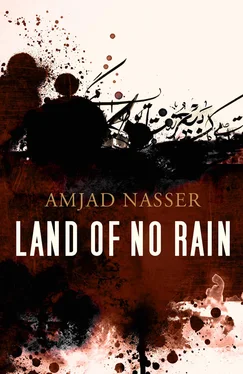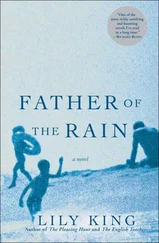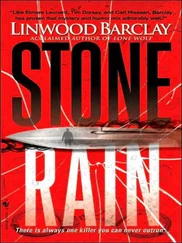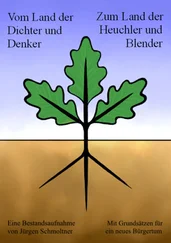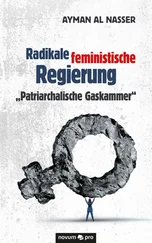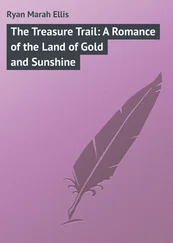It’s not conventional for an introduction to include literary criticism, but as I was reading and rereading this text, I found I couldn’t stop talking about it. That stems from the magic of what I like to call the lyricism of the novel.
This lyricism has nothing to do with what we might call the lyrical novel, which pads the narrative text with meaningless poeticised meditations. It is the product of disciplined prose that is both economical and discursive, in order to tell the story. When the text succeeds in telling its stories, it restimulates the reader’s appetite for the story, and in various forms. The lyricism of the novel opens the infinite doors of the story and takes us on a journey to a world where there are no longer any distinctions between reality and imagination, or between memory and dreaming.
The City of Nowhere that the reader comes upon through Amjad Nasser is the place where Arabic calligraphy intersects with poetry and with return to Noplace. In other words it’s a literary place first and foremost and a framework in which we can see not only the treachery and helplessness of individuals, but also the treachery and vagaries of time, and the brutality of history.
The novel ends in the cemetery. Young Younis (the nephew of Younis al-Khattat) leads his uncle to the graveyard to visit the dead. The narrator doesn’t tell us what he said to the dead nor what he heard from them. But this novel, like any great work of real literature, addresses the living in order to open a window for dialogue with the dead, making the hero’s return to his country another journey into the unknown.
Elias Khoury
Amjad Nasser, a Jordanian poet born in 1955, has written numerous volumes of poetry and several travel memoirs. He has worked for newspapers in Beirut and Cyprus and since 1987 he has lived in London where he is managing editor and cultural editor of Al-Quds Al-Arabi daily newspaper. Land of No Rain is his first novel.
Jonathan Wright is a British journalist and literary translator, and the editor of the Arab Media & Society journal. He joined the Reuters news agency in 1980 as a correspondent, and has been based in the Middle East for most of the last three decades. His translations include Taxi by Khaled al-Khamissi and Judgment Day by Rasha al-Ameer.
